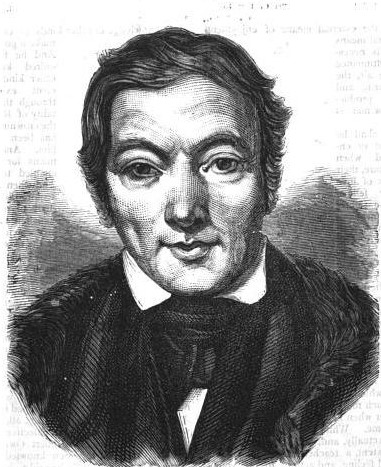

Robert Owen was a utopian socialist, philanthropist, and reformer, whose own religious scepticism fostered his desire for a secular society, and his pursuit of a ‘rational religion’. As a mill owner, he introduced pioneering changes to education, community, and labour, and later applied these lessons and ideals to experimental communities in Britain and abroad. Owen’s ideas influenced numerous others, including freethinkers and cooperators during his lifetime and after his death, who were inspired by his humanist approach to life and social reform.
Robert Owen was born in 1771 in Newtown, Montgomeryshire, the youngest of seven children. His father was a saddler and ironmonger and his mother a farmer’s daughter. A voracious reader and a pious child, Owen was known as ‘the little parson’. He claimed, however, that his questioning of religion began at the age of ten, and would continue throughout his life. Owen described his loss of faith as arising from careful study and serious consideration:
I was all this time endeavouring to find out the true religion, and was greatly puzzled for some time by finding all of every sect over the world, of which I read or heard about from the pulpits, claim each for themselves to be in possession of the true religion… I began seriously to study the foundation of all of them, and to ascertain on what principle they were based. Before my investigations were concluded, I was satisfied that one and all had emanated from the same source, and their varieties from the same false imaginations of our ancestors; imaginations formed when men were ignorant of their own nature, were devoid of experience, and were governed by their random conjectures… It was with the greatest reluctance, and after long contests in my mind, that I was compelled to abandon my first and deep-rooted impressions in favour of Christianity, – but being obliged to give up my faith in this sect, I was at the same time compelled to reject all others, for I had discovered that all had been based on the same absurd imagination.
In 1781, Owen was apprenticed to a cloth merchant in Stamford, and three years later began work for a retailer in London, followed by another in Manchester. In the course of these employments, he learned a great deal about fabric, manufacture, and trade, later serving him well in a successful partnership making ‘mules’ for producing thread. In 1792, he began managing a Manchester mill of 500 employees, a move which Owen himself described as ‘presumptuous’ given his youth and inexperience.
Following six weeks of ‘silent inspection and superintendence’, he felt himself suitably equipped ‘to give directions in every department’, undertaking a series of improvements which resulted in a greatly improved quality of thread. Additionally, reports of his employees described them as ‘well disciplined, and yet well satisfied’. It was here, ‘relieved from religious prejudices and their obstructive influences to the attainment of common sense’, that Owen began to note the impact of environment on the individual. In 1793, he joined the prestigious Manchester Literary & Philosophical Society.
Owen’s emerging belief was that ‘the character is formed for and not by the individual’; that ‘man was essentially the creature of the circumstances or conditions in which he was placed’, and thus that if an individual’s situation was improved, their ‘character’ could be too. In 1799, Owen married Caroline Ann Dale (1779-1831), and acquired the New Lanark mill, built by her father David Dale, a cotton spinner. He moved there the following year.
In the mill at New Lanark, Owen embarked on what he believed was to be ‘the most important experiment for the happiness of the human race that had yet been instituted at any time in any part of the world.’ His hope was ‘to ascertain whether the character of man could be better formed, and society better constructed and governed, by falsehood, fraud, force, and fear, keeping him in ignorance and slavery to superstition, – or by truth, charity, and love, based on an accurate knowledge of human nature, and by forming all the institutions of society in accordance with that knowledge.’ As such, Owen reduced the length of the working day, improved the quality and lowered the cost of goods in the company store, and – in 1816 – opened the Institute for the Formation of Character, an infant school. His son, Robert Dale Owen, later described how children:
… were trained to habits of order and cleanliness; they were taught to abstain from quarrels, to be kind to each other. They were amused with children’s games, and with stories suited to their capacity. Two large, airy rooms were set apart, one for those under four years, and one for those from four to six. This last room was furnished with paintings, chiefly of animals, and a few maps. It was also supplied with natural objects from the gardens, fields and woods. These suggested themes for conversation, and brief familiar lectures; but there was nothing formal, no tasks to be learned, no readings from books.
Owen’s next attempt at a socialist utopia was the settlement of New Harmony in Indiana, which he purchased in 1825. New Harmony, wrote Robert Dale Owen, was ‘a heterogeneous collection of radicals, enthusiastic devotees to principle, honest latitudinarians, and lazy theorists, with a sprinkling of unprincipled sharpers thrown in.’ Although ultimately a failure, the community envisioned by Owen was founded on his values of rational, compassionate cooperation, and inspired other reformers – among them, Frances Wright – in their own efforts towards achieving secular, progressive, utopian communities.
…my plans were all laid to gradually supersede these religions… by the practical religion of love and charity for our race, irrespective of colour, country, class, sect, sex, party, or difference in natural organisation or constitution; and thus to attain happiness, the great object of humanity.
For Robert Owen, human happiness was ‘the great object’, and mutual cooperation for a better world was the means by which to achieve it. Owen’s ‘Rational Religion’ was a secular, practical one, intended to supplant all others founded in doctrine and superstition, helping human beings to become ‘reasonable, rational, and happy’.
Owen’s central idea, that character was shaped by the environment, was a vital one for modern thought, and at the heart of the reformist efforts that followed him.
In Victorian Infidels, Edward Royle argues that it was
out of the tension generated within the socialist movement between the democratic radicalism of the Paine-Carlile tradition and the capitalistic paternalism of Robert Owen that an independent British freethought movement was born.
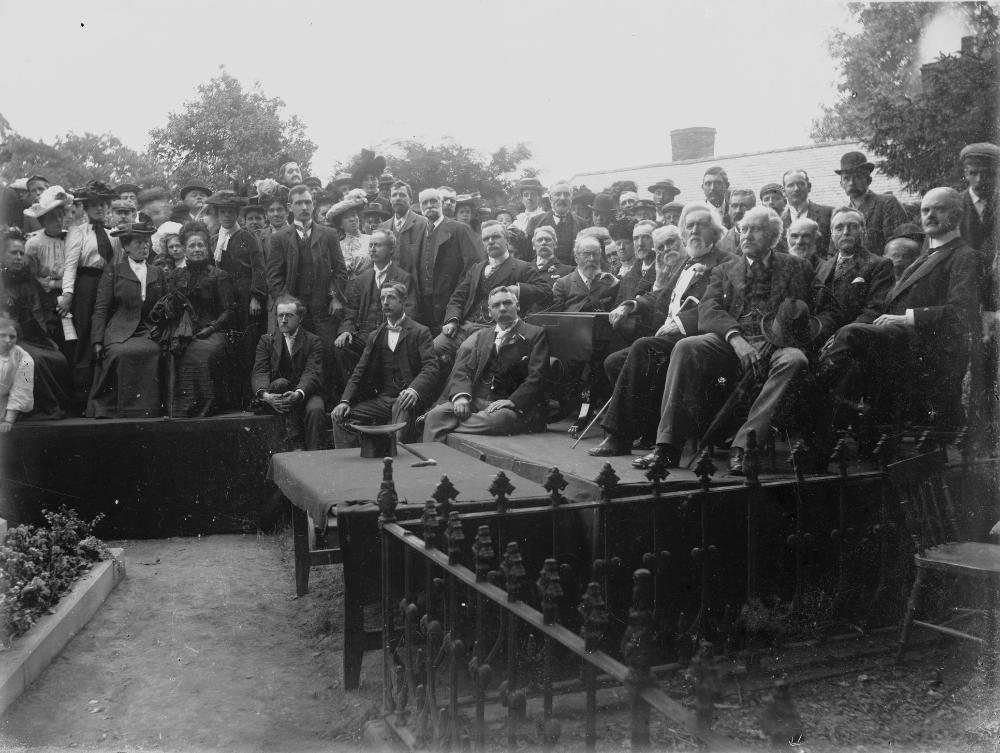
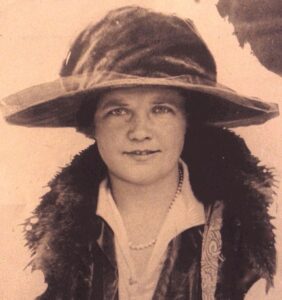
There is nothing in this world to compare with the joy of finding something to do that one believes to […]
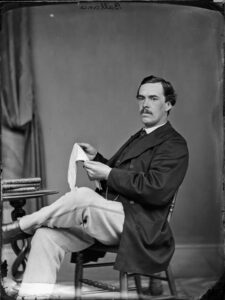
I believe in the absolute equality of the sexes, and I think they [women] should be in the enjoyment of […]
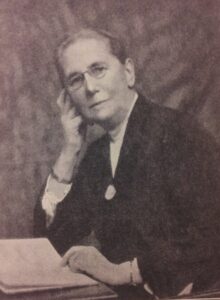
When we are asked to believe that nothing but a supernatural ideal can inspire and sustain a life-time of complete […]
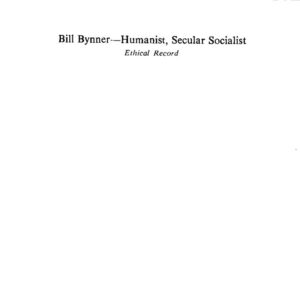
Bill Bynner was a humanist, socialist, and civil servant. As the editor of South Place Ethical Society‘s Ethical Record wrote […]